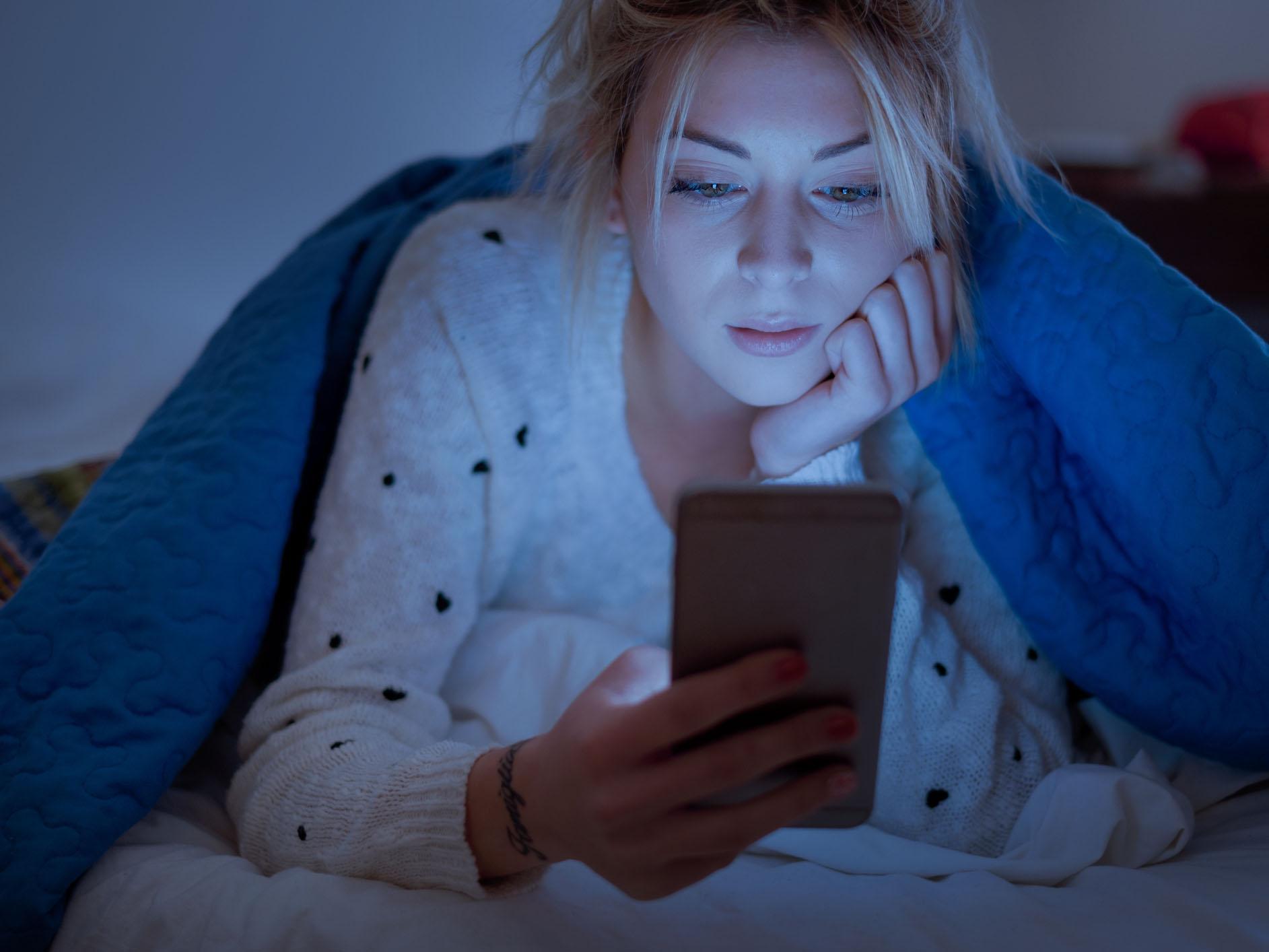Screen time before bed has very little impact on mental health in teenagers, Oxford study concludes
‘The controversy around screen use and adolescent wellbeing has always suffered from an excess of opinion relative to data’

Screen time has little effect on teenagers’ mental health, despite fears about the impact late-night gaming or TV viewing is having on the world’s youth, a new study has concluded.
Scientists at the University of Oxford used data on more than 17,000 children from across Ireland, the UK and the US, mainly comprising teenagers but with some as young as eight.
They found screens were not related to the wellbeing of children using devices for hours during the day, and even if those using them just before going to sleep.
The team said they hoped their “clear-cut evidence” would counter misleading media reports and public debates about the dangers of screen time, and help calm anxious parents.
“While psychological science can be a powerful tool for understanding the link between screen use and adolescent wellbeing, it still routinely fails to supply stakeholders and the public with high-quality, transparent and objective investigations into growing concerns about digital technologies,” said Professor Andrew Przybylski, who co-authored the new study.
The researchers analysed three datasets and used more rigorous procedures than have been applied in previous tests, including both self-reporting of screen time and time-use diaries kept by the teenagers.
This is crucial as when people report their use of technology in hindsight, the vast majority tend to either significantly under- or overestimate the time they spend using it.
“We hope our approach will set a new baseline for new research on the psychological study of technology,” said Professor Przybylski.
Their research, published in the journal Psychological Science, comes amid speculation that “blue light” from devices is harmful and can disrupt sleep.
“The controversy around screen use and adolescent wellbeing has always suffered from an excess of opinion relative to data, and this paper helps to correct this imbalance,” said Dr Max Davie from the Royal College of Paediatrics and Child Health (RCPCH), who was not involved in the study.
“The analysis is robust and suggests an overall population effect too small to warrant consideration as a public health problem.”
Dr Davie also noted that the new study questioned the widely held belief about screens at bedtime.

While the RCPCH released its own review concluding that the dangers of screen time had been overstated in January, they did suggest children should switch off screens an hour before bed.
“None of this is intended to suggest that screen time cannot become excessive in individual cases, and we would still suggest that families follow our guidance published earlier this year,” said Dr Davie.
Join our commenting forum
Join thought-provoking conversations, follow other Independent readers and see their replies
Comments
Bookmark popover
Removed from bookmarks